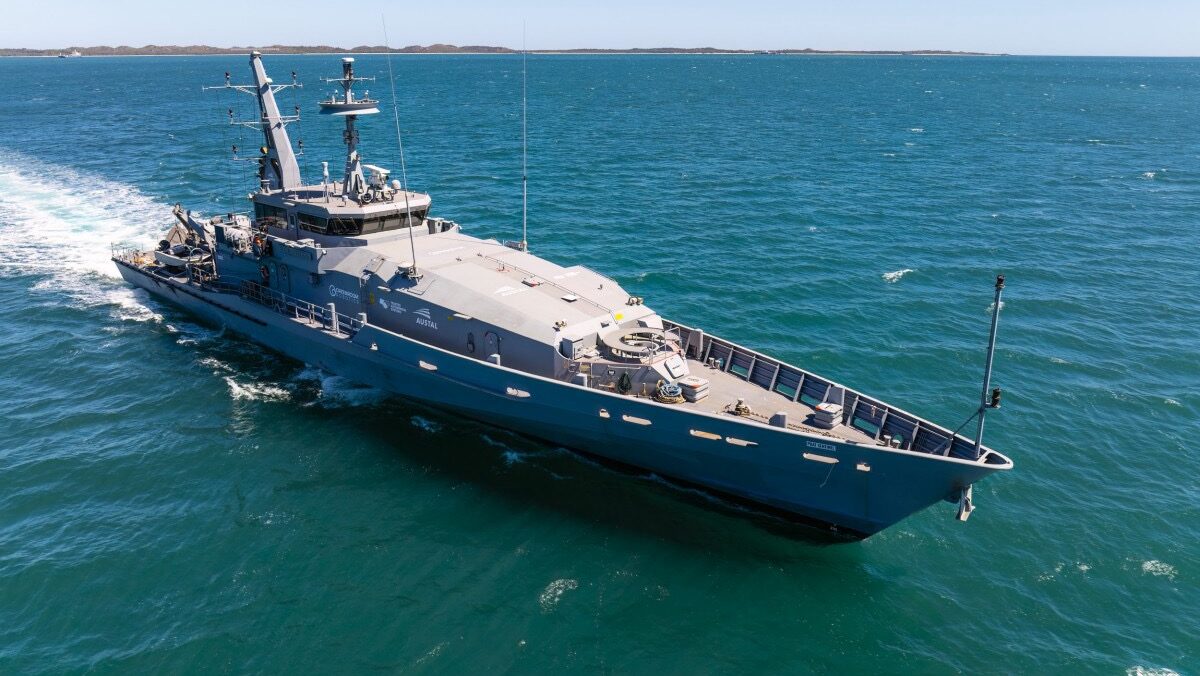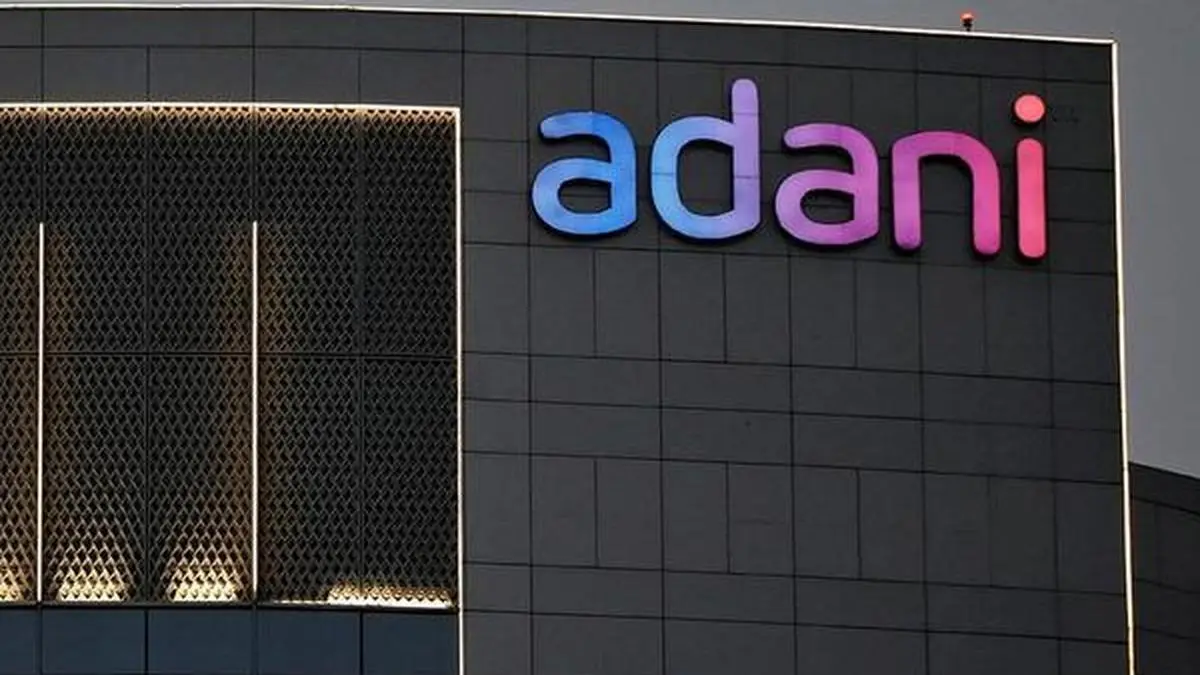Copyright Breaking Defense

SYDNEY — Greenroom Robotics, a 35-person firm in Western Australia, is teaming with the country’s biggest shipbuilder to make it possible for all Austal Australian military ships to easily install its autonomous navigation systems onboard, company executives told Breaking Defense. The goal, executives from both companies say, is to give Austral the ability to turn existing ships into fully autonomous vessels “in as little as five days,” according to a company announcement, which also claimed that competing technologies could take “weeks or months.” That Austal, one of Australia’s industrial champions, would agree to trust such a tiny start-up with the reputation of its fleet is notable, and something that executives said comes down to confidence from having shared standards over time and the extensive testing done by Australia under the watchful eye of the Royal Australian Navy. Greenroom co-founder Harry Hubbert also said that the company’s employees’ backgrounds — a mix of marine architects, designers, former RAN officers and not that many coders— gave them an advantage, in that they approached the problem focused on gathering data, fusing it and moving to the ship without thinking like someone focused on writing good code. While acknowledging that “there have to be some tests and trials to make sure that the vessel is safe and ready to go,” Hubbert said that under this agreement, any Austal vessel “can have the Greenroom software on there to provide reduced crewing, autonomous operations, or just to increase safety.” Two technologies from Greenroom, known as GAMA and Lookout+, use vision-based AI that gather data from the boat’s electro-optical sensors and cameras, bolstered by the GPS systems operating in space. They interface with Austal’s system, Marinelink Prime, which controls the ship’s mechanical systems. The basis for the increased cooperation between the two companies was laid during the Patrol Boat Autonomy Trial, which took an old Armidale patrol vessel and fitted it with the Greenroom technology. It completed endurance and reliability tests run by Austal in April last year. The market for technology like Greenroom’s is growing in Australia, with the country planning to buy six Large Optionally Crewed Surface Vessels and six Offshore Patrol Vessels. Sam Abbott, head of R&D for Austal, told Breaking Defense that the optionally crewed vessels would be good candidates for the Greenroom/Austal technologies. The RAN will acquire 11 frigates under the $10 billion AUS ($6.5 billion US) program, with the first three ships to be built in Japan and the remainder to be built in Western Australia. Austal is widely expected to bid on the construction but Abbott declined to comment on whether Austal would bid. However, Abbot declined to say whether the Japanese Mogami frigates could be candidates for the autonomy tech. Of course, every country with a sophisticated military is focused on lowering the number of sailors on board to reduce casualties, reduce the shipboard space dedicated to housing and feeding humans and allow systems to loiter for longer periods. But crew will still be needed to make targeting decisions and to repair the ship when systems inevitably break down. That is prompting Austal to focus even more intently on building highly reliable systems with redundancy. “So a big effort that Austal is undertaking,” Abbott said, “is to ensure that vessel systems, especially the critical systems, like the engines you pointed out, remain available and operational for the duration commission. So that means either improving the reliability of those systems or adding redundancy where the reliability is not up to standard.” One interesting aspect to Greenroom’s prospects is that the company has been granted an ITAR exemption under the AUKUS legislation and regulations passed by the US, Britain and Australia. Those reforms were made to help ease technology transfers as part of the AUKUS agreement between Australia, the UK and the US. According to Hubbert, that has already opened doors in the other two partner nations: “The ITAR exemption has enabled conversations and contracts to progress a lot faster than traditionally we’ve seen,” he said, especially when it comes to data sharing and information sharing. Autonomy and AI, on which Greenroom’s products are built, are both key focus of AUKUS Pillar 2. Australian Defense Minister Richard Marles has hailed the ITAR reforms as a “generational” change and Australian officials have generally been eager to comply with American requirements that they amend Australia’s arms export system to make it much more American. The ITAR system, of course, is infamous for its often slow and complex processes, overseen by the US State Department’s Political-Military Bureau.



